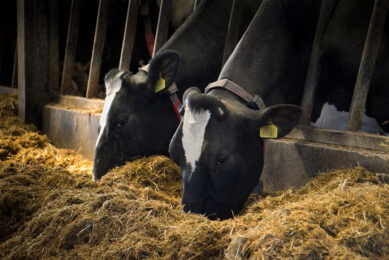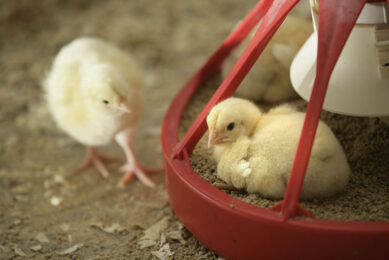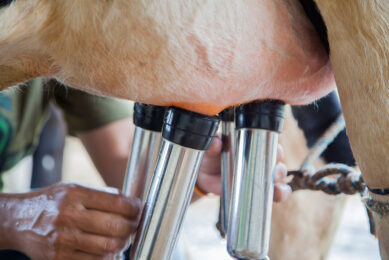Study: Background of microbes in ruminant digestion

Chris McSweeney and Rod Mackie for FAO prepared the background study paper: Micro-organisms and ruminant digestion: state of knowledge, trends and future prospects.
The importance of rumen microbial ecology and diversity of micro-organisms in the ruminant fore-stomach is gaining increasing attention in response to recent trends in global livestock production.
The micro-organisms in the digestive tracts of ruminant livestock have a profound influence on the conversion of feed into end-products which can impact on the animal and the environment.
As the livestock sector grows in numbers and productivity, particularly in developing countries there will be an increasing need to understand these processes for better management and use of both the feed-base and other natural resources that underpin the development of sustainable feeding systems.
This report presents:
a) historical account of the progress that has been made in rumen microbiology research;
b) current understanding of the rumen microbial ecosystem; and
c) the opportunity the new DNA sequencing technologies provide for improving productivity of livestock and the impacts of the enterprises on the environment.
While discussing the above three important areas, the document highlights that major innovations in the field have the potential to capture and study the entire microbiome (the predominant genomes) from the complex microbial community in the rumen and to determine function (“What they are doing”) in addition to structure (“Who’s there”) of the community.
Innovations are for example the metagenomics that have arisen in the last decade with the advent of affordable nucleic-acid based-technologies and rapid evolution of DNA sequencing platforms that are culture independent.
It also calls for co-ordinated international efforts, with the participation of both developed and developing country laboratories, in the genome-enabled research aimed at understanding rumen function in order to find a balance between food production and green house gas emissions.
This report has been prepared at the request of the Secretariat of the FAO Commission on Genetic Resources for Food and Agriculture.
Join 26,000+ subscribers
Subscribe to our newsletter to stay updated about all the need-to-know content in the feed sector, three times a week. Beheer
Beheer









 WP Admin
WP Admin  Bewerk bericht
Bewerk bericht